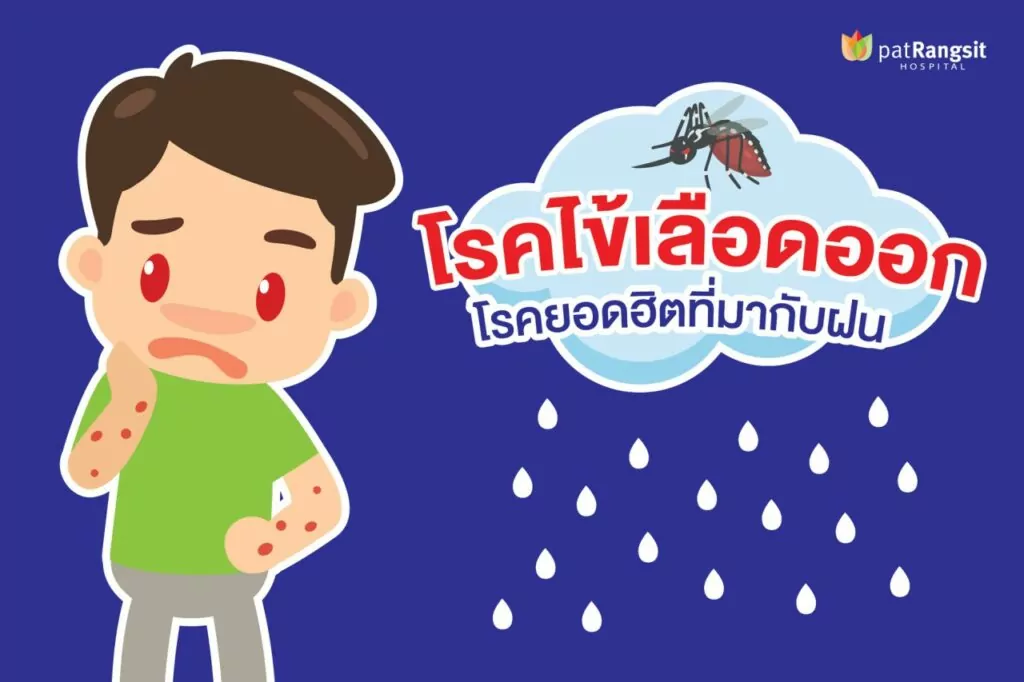
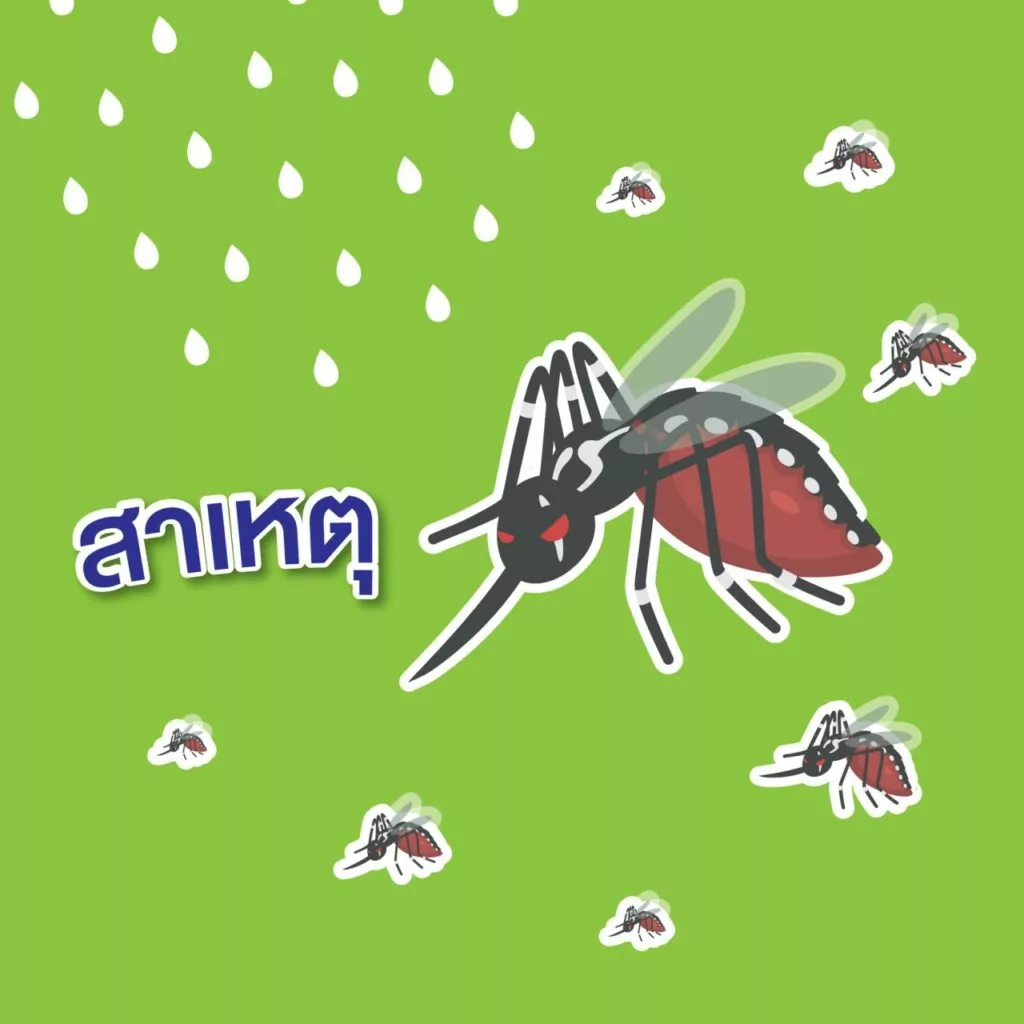
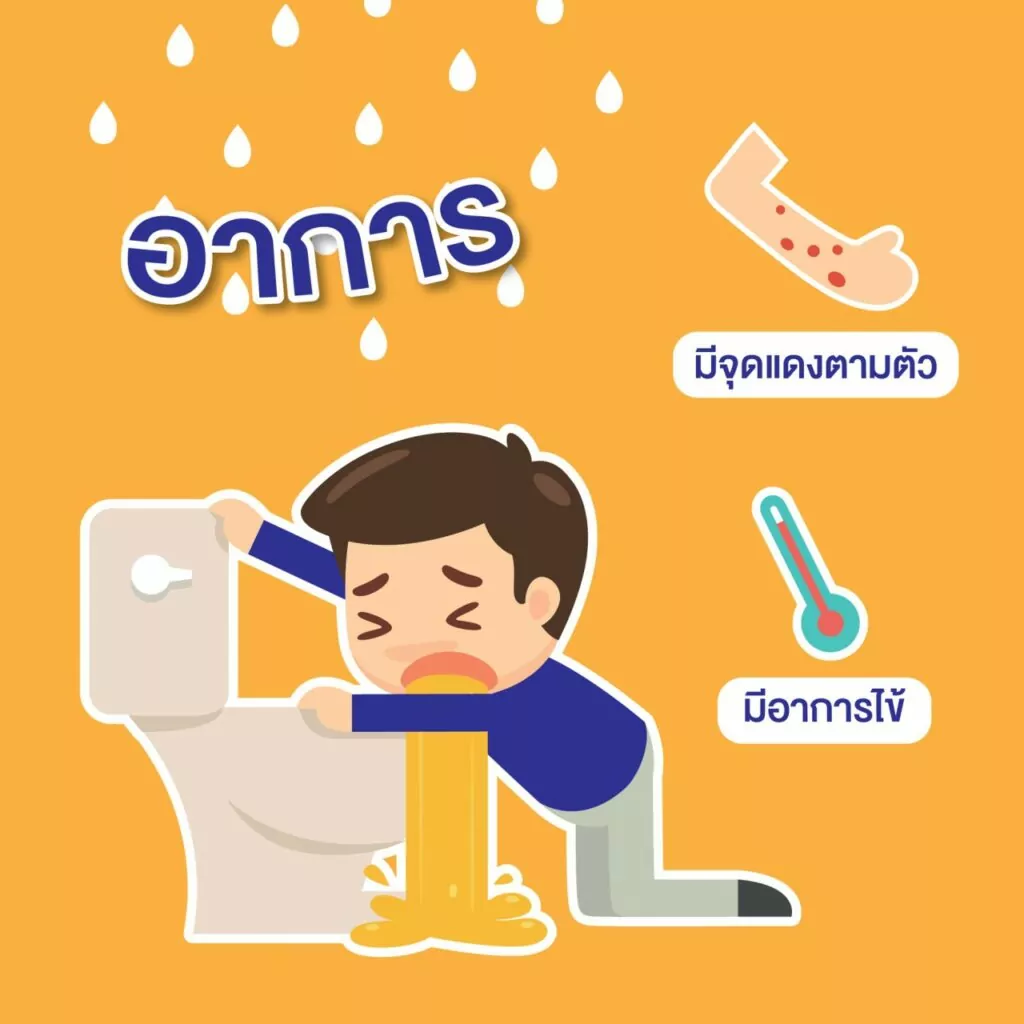
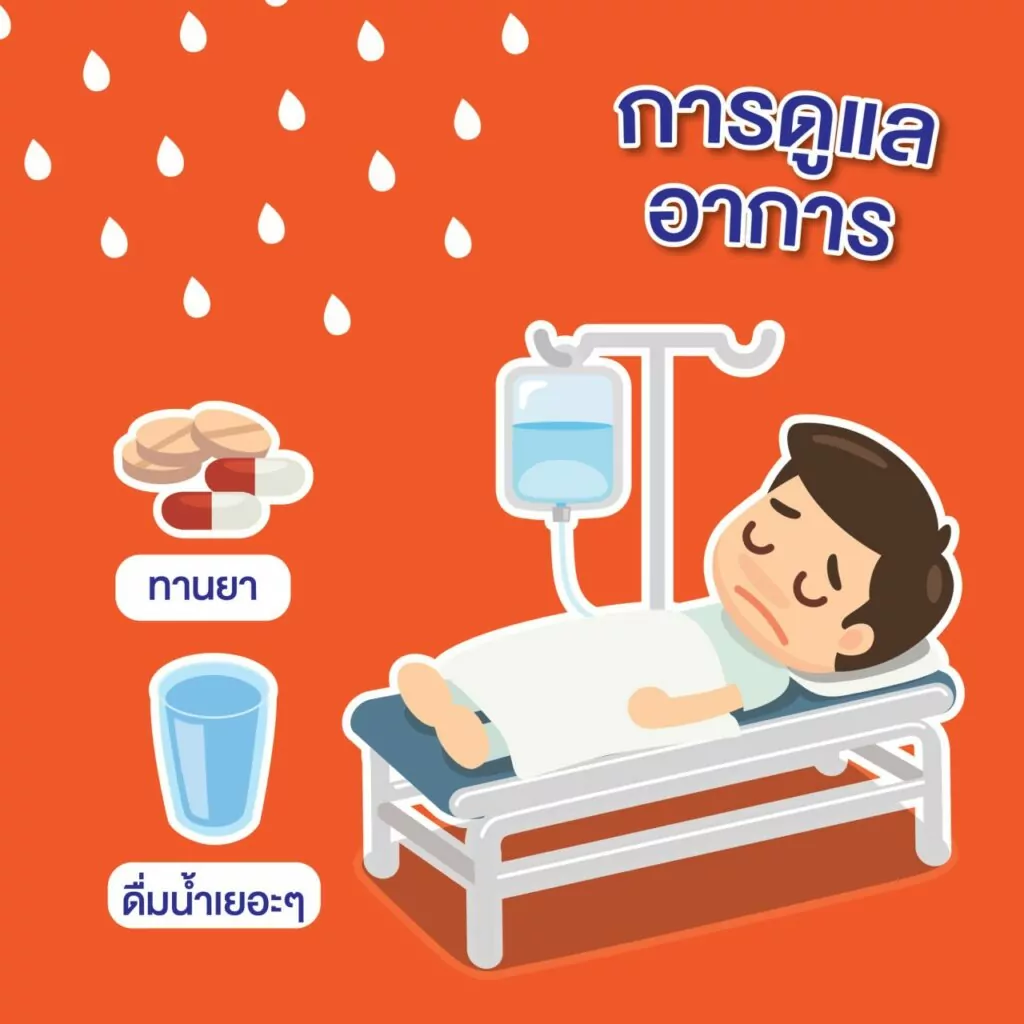
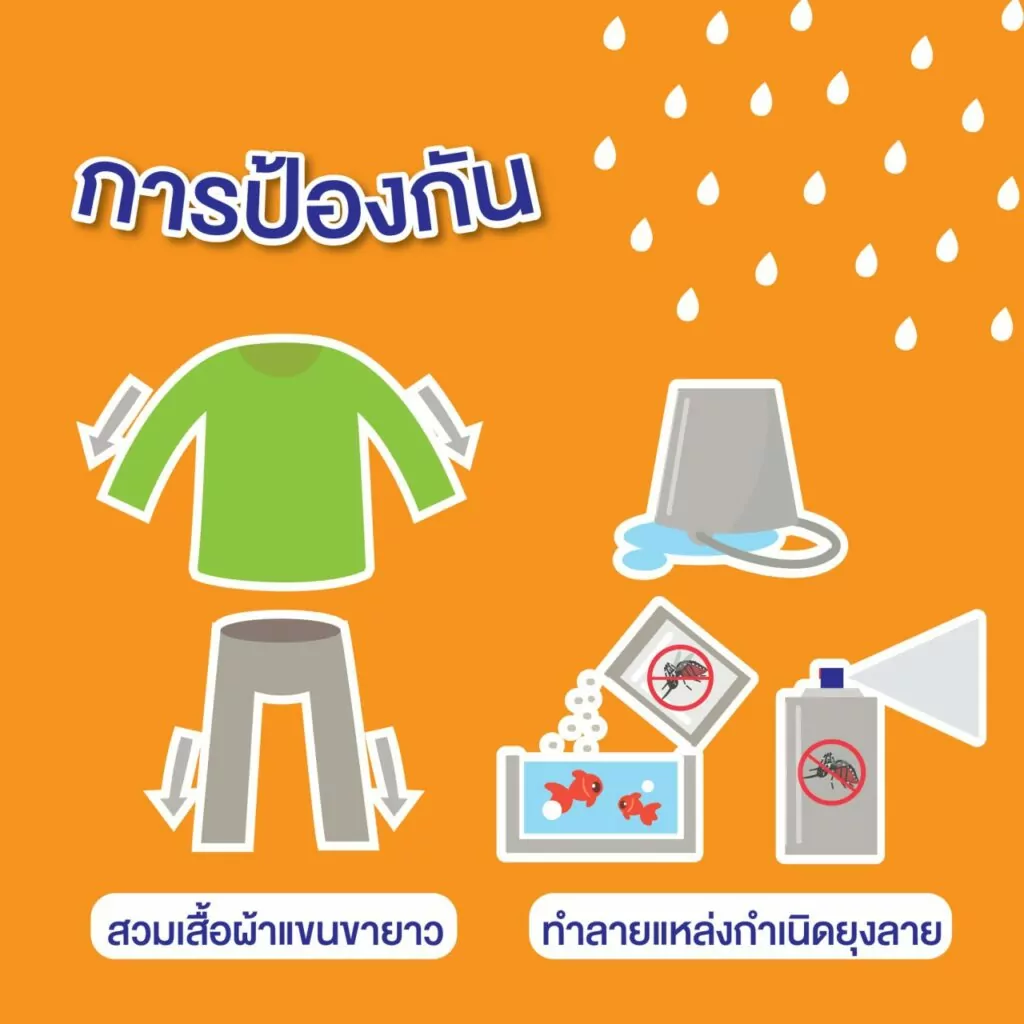
Dengue hemorrhagic fever is a disease caused by the dengue virus, which is primarily transmitted through mosquito bites. The fever typically occurs during the rainy season in tropical areas. The age group with the highest incidence of dengue fever is 10-14 years old, followed by 5-9 years, 15-24 years, and 25-34 years, respectively. The virus incubates in the mosquito's stomach and salivary glands for 8-12 days. When an infected mosquito bites a person, the virus enters their bloodstream, causing dengue hemorrhagic fever.
The early symptoms of dengue fever are often mild and may resemble general fever symptoms, making it challenging to diagnose. Blood tests are usually required to confirm the infection, which becomes more detectable after 3-4 days of illness.
The initial symptoms of dengue fever may include:
Severe symptoms may include:
Currently, there are no antiviral drugs specifically targeting dengue fever. Treatment is mainly focused on managing symptoms and supporting the patient's recovery. Primary care involves ensuring hydration to prevent dehydration, using fever-reducing medications like paracetamol (as prescribed by a doctor), and avoiding aspirin and nonsteroidal anti-inflammatory drugs (NSAIDs) to reduce the risk of bleeding.
If vomiting is severe or other concerning symptoms arise, seeking immediate medical attention is crucial.
To prevent dengue fever, it is recommended to:
เว็บไซต์นี้มีการใช้งานคุกกี้ เพื่อเพิ่มประสิทธิภาพและประสบการณ์ที่ดีในการใช้งานเว็บไซต์ของท่าน